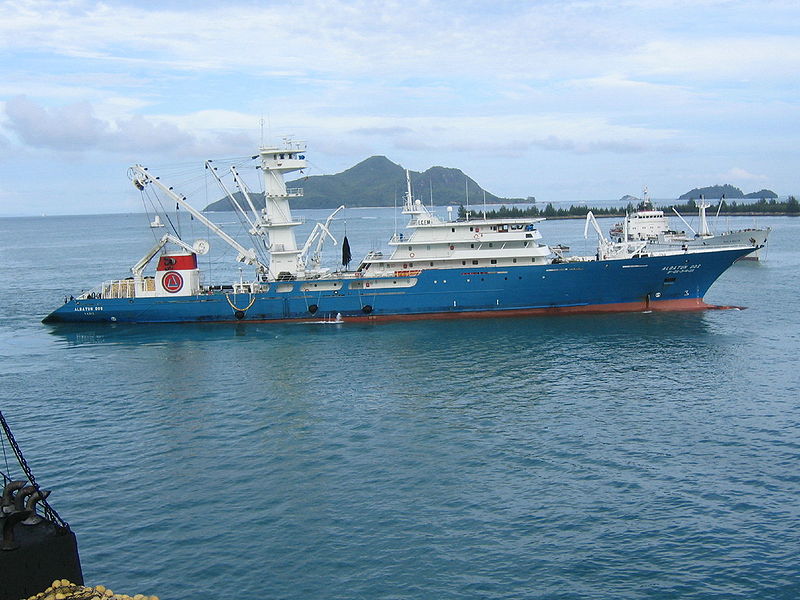EU reforms fishing policies
By Peter Janetos, ESA public affairs intern
As noted in a New York Times article on May 30, 2013 a unanimous agreement between all 27 European Union (EU) member states will reform and change current fishing policies to make fishing more sustainable across the region. This marks the biggest fishing reform in Europe since 2002. The decision was reached Thursday by the European fisheries commissioner Maria Damanaki, Ulrike Rodust German Member of Parliament representing the European Parliament, and Simon Coveney, Irish fisheries minister representing the EU fisheries ministries.
The current policy is considered an utter failure and has resulted in 80 percent of Mediterranean and 47 percent of Atlantic fish stocks and fisheries to be overfished.
“If we carried on, potentially 90 percent of all fish stocks would be unsustainable and at risk within the next decade” said European Parliament member Chris Davies.
Cod is the primary fish caught by EU members in the Atlantic and has been significantly declining over the past three decades. The new reform measures are predicted to essentially halt overfishing by 2015 and revive all stocks by 2020. EU member states will be required to set quotas backed by scientific research by 2015 to give fish enough time to reproduce and grow. Anglers will now have to abide by the newly implemented maximum sustainable yield (MSY), which limits fish catch to the amount a given stock can reproduce in one year. Also new is a ban on the practice of improperly discarding unwanted fish “bycatch”. These unintentionally caught fish — accounting for nearly 25 percent of total catches – are thrown back and usually die. Under the new agreement anglers may only throw back 5 percent of their bycatch. This reform also addresses the concern of EU conduct in overseas waters. EU boats will now only have access to surplus fish in territorial countries, not part of the EU.
As described in the Times article, the reform is significant because it breaks with the old tradition of EU countries catering to their respective constituencies at the expense of the overall fisheries. European Officials praised the agreement calling it “a historic step for all those involved in the fisheries and aquaculture sectors.”
Pew Charitable Trusts’ EU marine program director, Uta Bellion, characterized it as a “tremendous win for fisheries, the environment, and the European people. By agreeing to rebuild fish stocks, set a legally binding target to end overfishing, and reducing bycatch and discarding, European leaders finally showed the resolve needed to secure a future for a vital industry and the citizens that have come to depend on it for food.”
However, some believe the reforms do not go far enough. Sergi Tudela, head of Mediterranean fisheries program at the World Wildlife Fund, pointed out that it could be 100 years before stocks are again fully sustainable because there isn’t a target date to fully recover fisheries. On its blog, WWF Mediterranean worries that “without a clear time frame for its implantation and without the creation of co-management committees for the development of the plans by all stakeholders involved in the fishery as originally proposed by the European Parliament, this reform lacks the strength necessary to make a real impact on fish stock recovery.”
Photo: Tuna purser Albatun Dos, source: http://en.wikipedia.org/wiki/File:Albatun_Dod.jpg
